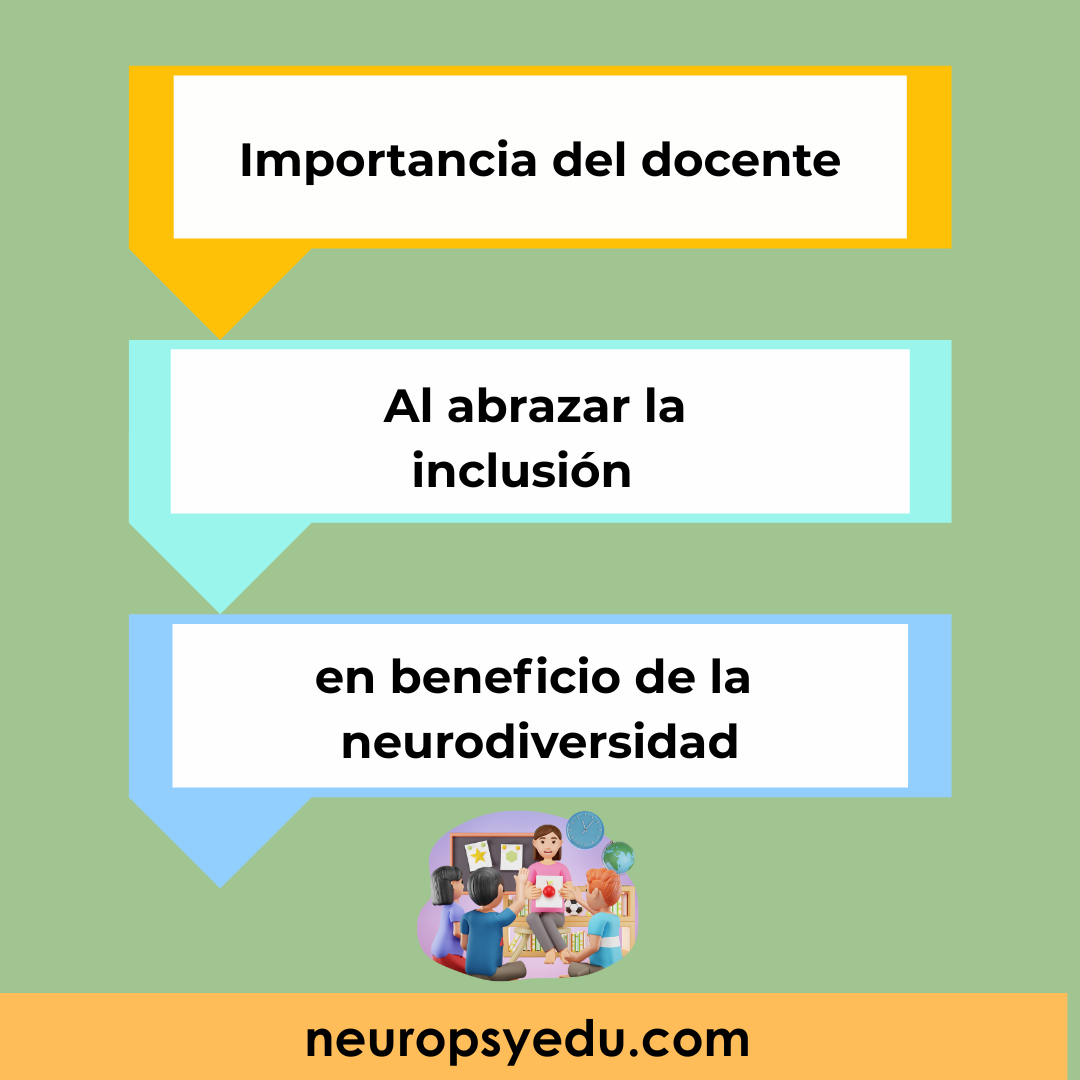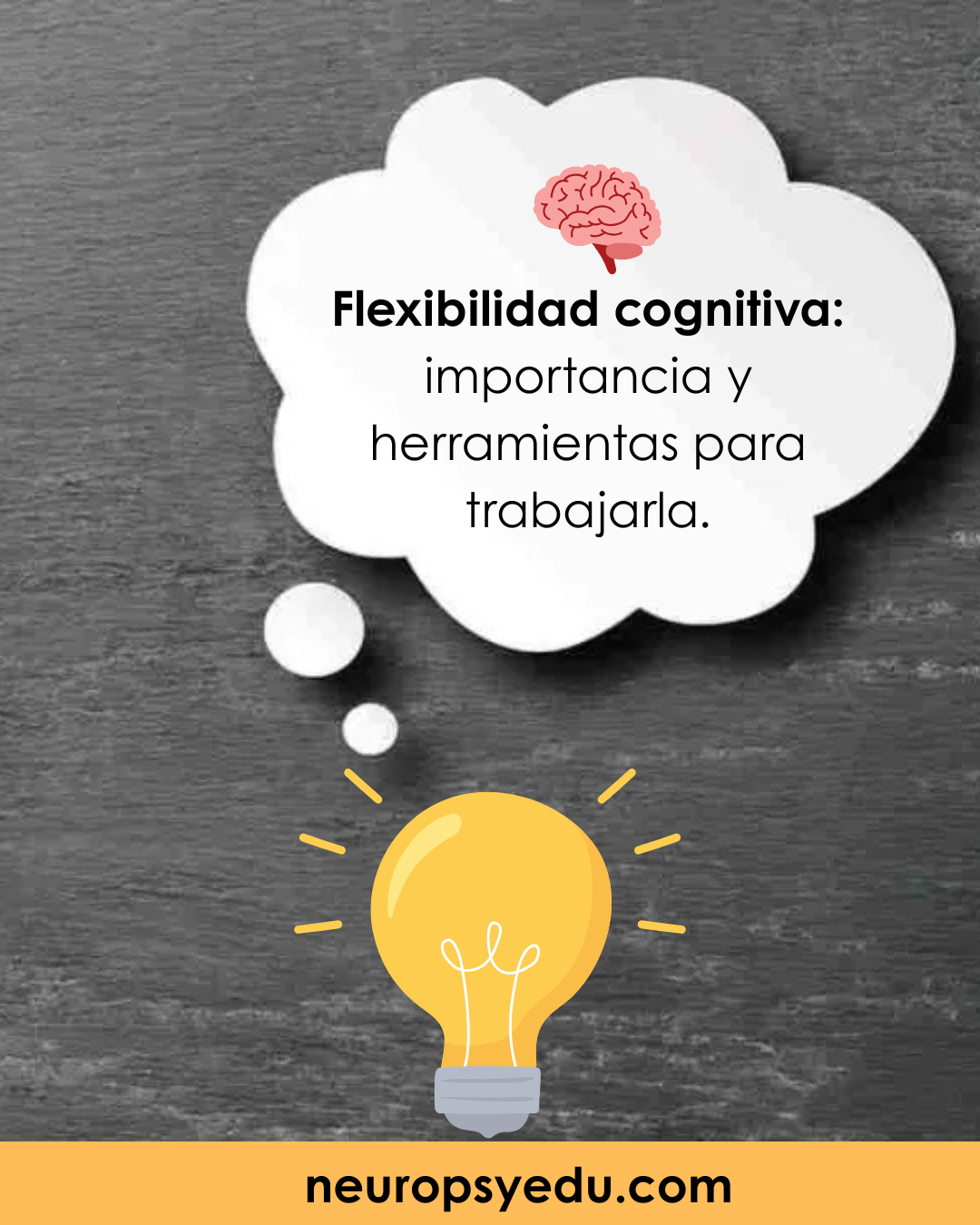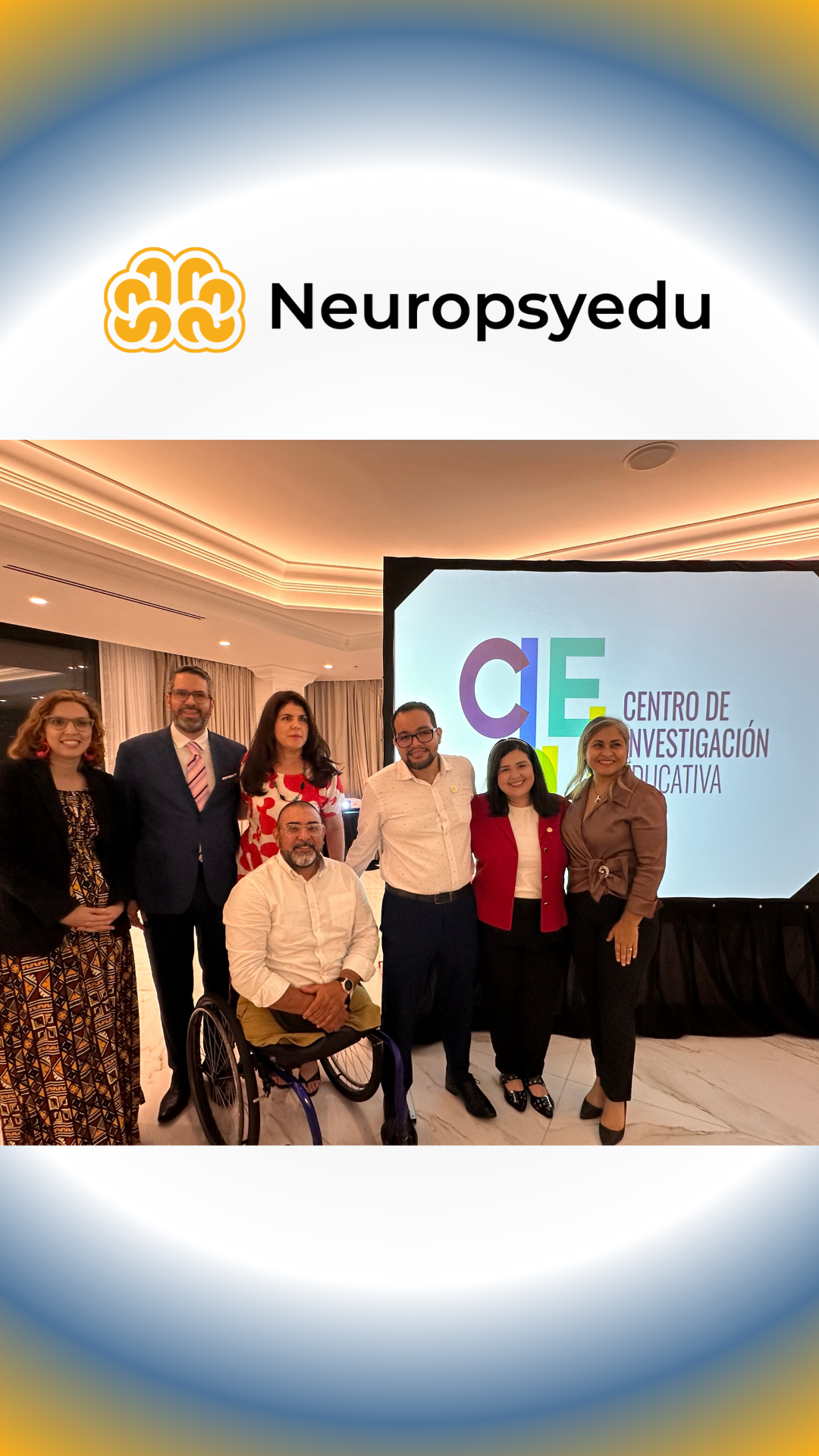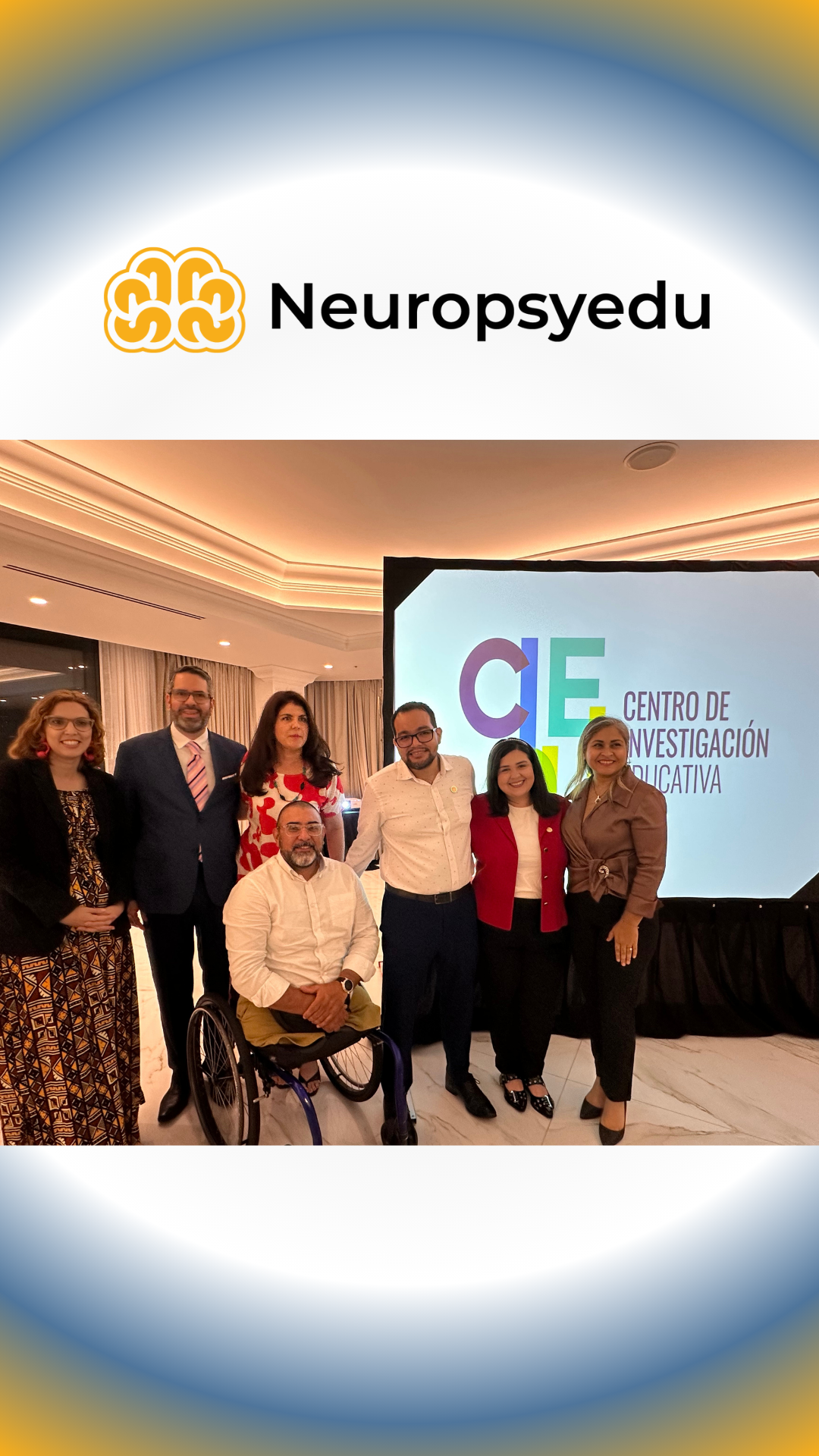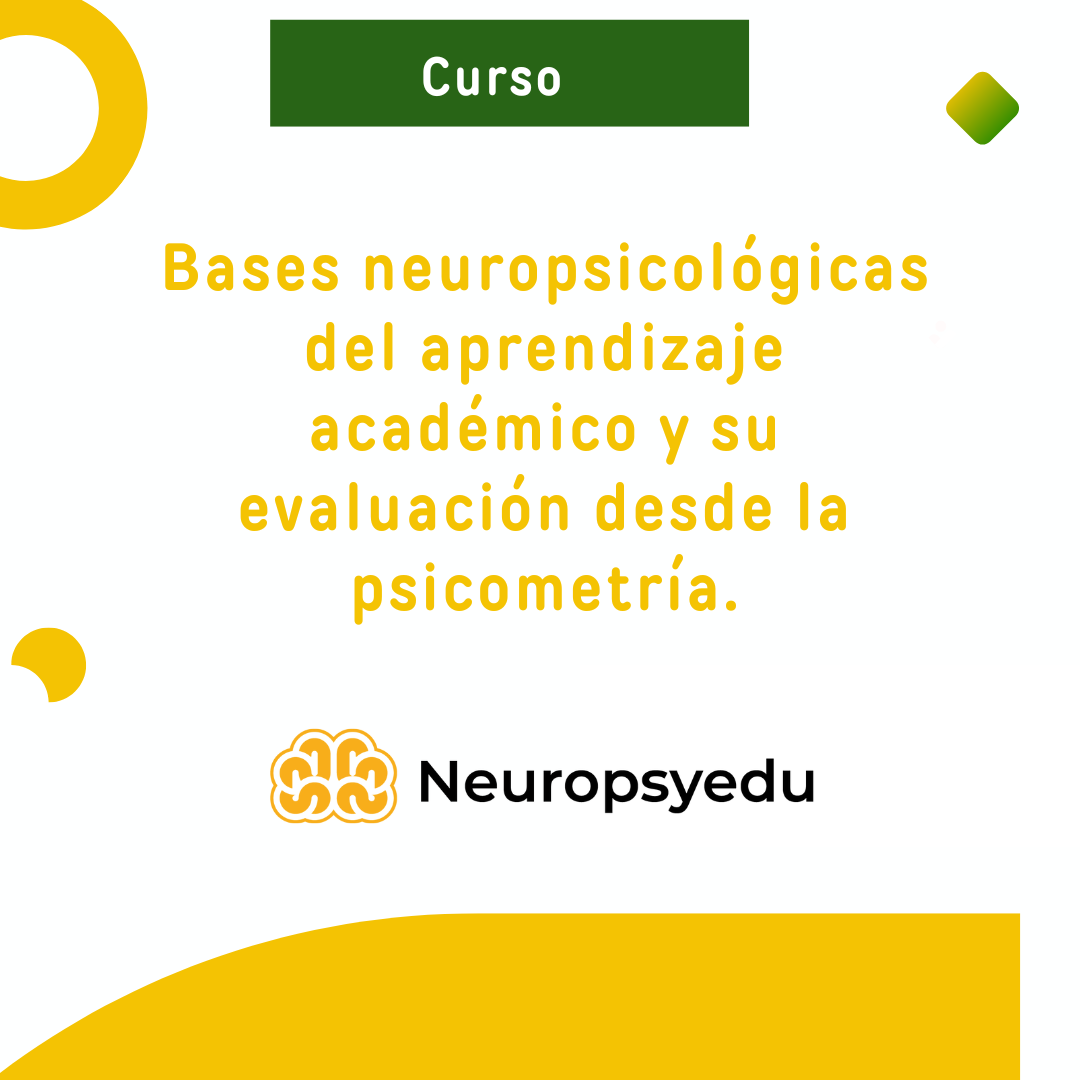Speech Language Pathologists and their Importance in Language Development During Infancy in Panama
Speech Language Pathologists and their Importance in Language Development During Infancy in Panama
Authors: Mario Pimentel¹, Gabriela Castro² and Melissa Kuzman
¹ Educational Neuropsychology
² Speech Language Pathologist
³ Psychologist and Neuroscience specialist
🗣Language is a complex skill that influences various areas of human cognition. In this article we will touch base on the development of human language during Infancy (Tenembaum y Granaña, 2022; Maggio, 2020).
🤓Language is an innate human attribute that is learned during Infancy without conscious effort. It is worth clarifying that even though there is no conscious effort on behalf of the Infant, the environment works on stimulating future language development. Afterward in the article we will discuss the prelinguistic stage and its relevance on developing verbal capacities.
✅Language development drives the infant’s access to interpersonal skills, knowledge of the world around them, understanding social rules and regulating emotions and behavior.
✅During the first couple of years of a child’s life, language helps establish reasoning. This reasoning will later have an impact in facilitating the adaptation of the child to their surroundings.
✅Language development is influenced by two factors: neurobiological and environmental factors.
🤔Based on the former evidence, it is interesting to ask ourselves; What conditions are necessary for language development? (Maggio, 2020).
✅It is important that the Infant disposes of good auditory discrimination as well as audition. From a neuroscience perspective, the brain gives meaning to what it hears in the environment. In Panama, the law No. 4 of January 8th, 2007, makes Neonatal Screening obligatory that includes an auditory exam. Generally, it is done in the hospital before the baby comes home. This way professionals can detect any auditory deficiencies and provide the care and follow-up necessary.
✅Another important factor is the infant’s mechanism of communication with the world around them. Crying, eye contact during feedings, interest in sounds and faces, vocalizations; are some examples of receptive language that a newborn baby can present. It is important to stimulate interactions with stories, songs, sounds and facial expressions. Afterward the infant will manifest gestures and other actions that will follow-up the development of language. Parents and caregivers should provide an environment that stimulates interactions and modeling of communicative skills like sounds and words. This can be done while playing, feeding or day to day activities.
✅Neuropsychological functions have a great impact in the development of language. For example, attention, perception, and memory are relevant for the development of linguistic abilities.
✅Development of language also requires orofacial movement coordination, this entails movement of the lips, tongue and palate that are indispensable to articulate words. Infants may present with orofacial alterations due to malformations or coordination issues. Scientists have proven that any type of orofacial alteration can affect the production of phonetic sounds. On another note, suction and language use similar oral muscles, so it is possible that suction patterns can affect the development of language (Burr et al., 2020). Nonetheless, there is not enough evidence that correlates oral habits to the development of sounds and speech. As the child grows, they start to require more mastication and less suction so that structures can develop in harmony with the changing environment. Professionals recommend that once complementary feeding commences (after 6 months of age), it is important to introduce food with different textures always following the guidance of pediatricians and nutritionists.
🧠Taking a neuropsychological perspective, it is important to consider a neuropsychological evaluation if a speech or language pathology is suspected given their importance on the further development of linguistic abilities. For example,
✅ Attention: Cognitive process that consists on the capacity to attend relevant stimuli and ignore information that is not relevant to individuals (Portellano, 2005).
✅ Memory: When listening to verbal information, it is important to process information mentally on a fast manner. Working memory has limited processing of information, so if there are difficulties with working memory, there will be difficulties processing sentences as a whole. Long term memory also plays a role in language. It allows us to store vocabulary, semantic lexicon, and grammatical rules to use in our day to day life.
✅Executive Functions: Allow the achievement of goals and objectives. They supervise activities related to attention, memory, emotional behavior, and language. In language, they work on planning what to say, how to say it, who is going to say it. Also it understands how words can influence a specific social context.
🤔When there are difficulties with speech or acquiring language, a speech or language pathology might be present. In the next paragraphs we will touch base on the differences and similarities between the types of disorders.
✅Language disorders: A language disorder can be classified in two groups: Specific language impairment that entails a speech alteration, and secondary language impairment that occurs in the presence of other disorders that affect language like Autism Spectrum Disorder, hearing problems, and neuromotor disorders.
✅Specific language impairment (SLI): Diagnosed when a child's language impairment is deficient with no obvious reason, and with other areas of development not being impaired (Kohnert and Ebert, 2010). No single cause can account for all cases of SLI; it seems to be a mix of environmental and genetic conditions (Bishop, 1992). Encompases Language Delays and Developmental Language Disorder (DLD). The first one entails transient language difficulties. It is common that the delays improve by 5 years old with intervention or without it. In DLD the symptoms are more chronic and improvement is achieved with therapeutic intervention.
✅The presence of DLD can affect receptive and/or expressive parts of language. THere are cases in which children do not show an age appropriate repertoire and are considered
late bloomers,
but the parameters for diagnosing an SLI are still used when a 3 year old has not mastered language capacities.
👉🏼
Language disorders during Infancy can represent a warning sign for later developing a learning disorder, that might not be diagnosed until later when the child begins school. Even as English speaking families in a Spanish
speaking country, it is important to take notice of any language delay and seek help if needed. Early detection and intervention is super important to guarantee a better outcome. The
Centro Integral de Neuropsicologia Educativa
offers the Speech Language Pathologist service and is available if you desire to get an appointment. You can send a message through Whatsapp to
+507 6535 6362 to schedule an appointment.
Mario Pimentel
Psicólogo/Neuropsicólogo Educativo idóneo en Panamá



